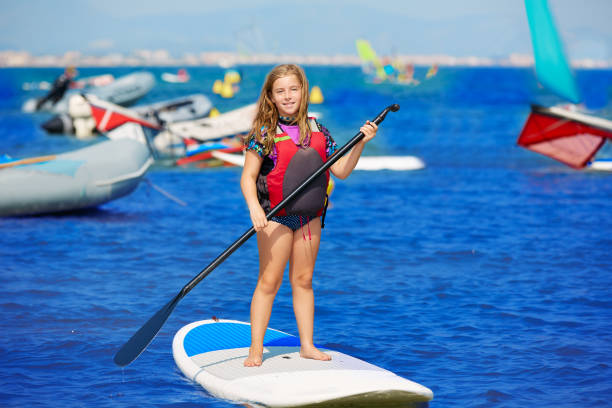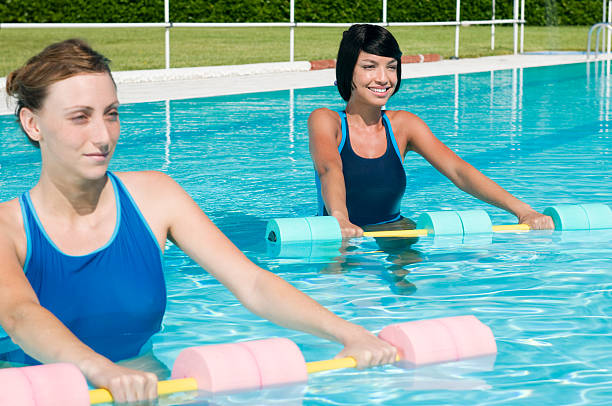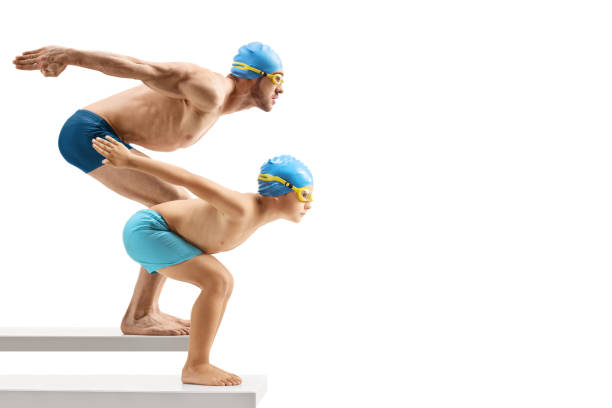In recent years, open-water swimming has become more popular. It can be a thrilling experience for novices in the sport to immerse themselves outside of a pool environment. Training is vital for any endurance event. When it comes to open-water racing, preparation should be remembered. 1. Increase Your Experience Your body will be tested if you swim in open water during a race. Your brain’s ability is slowed down when you are under stress. To avoid this, you need to gain some experience. So get as much time in the water as possible. Getting in and out of water can be challenging in many places. Getting used to it is helpful. Beginners should start during the summer months when the water is warm. 2. Alternative Conditions As you gain experience, get used to training under different conditions. Consider swimming in cooler temperatures. You can swim in currents or tidal situations if it’s safe. If you need more clarification, consult an expert to ensure your safety.
It’s Important to Get Used To Sighting Swimming in rough waters takes work. When you race, expect lots of splashes from your competitors. You should get used to lifting your head when you breathe out so that you can see your destination clearly through your goggles. 4. Start by aiming to sight every fourth breath and then see if you like it. This is an area where every swimmer must be flexible. You can go longer with fewer sightings but may take the wrong path. Take sightings at the top of the wave to see farther. 5. Swimming in Colder Conditions It is essential to stay warm, but more than this activity is required. Insufficient insulation can cause problems for many novices. Remember to wear two swim caps. You can also keep warm with ear plugs. Buy a high-quality wetsuit. 6. Warm up before the race starts. Light jogging or cycling will help to get your heart pumping and circulation moving, but do not overdo it. Swim fast at first to warm up your body. Once you feel comfortable, slow down to your normal race pace.
Navigation Skills It’s always worth looking at a race course before the start. The day before, you should take a look at your course and make note of any water markers. Use any nearby landmarks that can help you orient yourself during the race. Visualise passing these landmarks and markers the night before so it becomes second-nature. 8. Carbo-loading: Take in plenty of fuel the days before your race. Load up on extra carbohydrates in the days leading up to your race. You should take your last meal with you to the race, but allow yourself enough time to digest. Make sure to drink plenty of water on board. 9. You can maintain the pace of the swimmers in front by drafting. This will require less effort. This can also mean that you will slow down if the swimmers ahead do, so take care not to lose your position in the race by drafting. 10. When racing, it is beneficial to breathe on the other side. This will help you avoid splashes from a competitor. Develop this skill during training to have a faster time. These tips are meant to help novices. Please comment below if you have other tips that you feel are important for open water swimmers to know.





